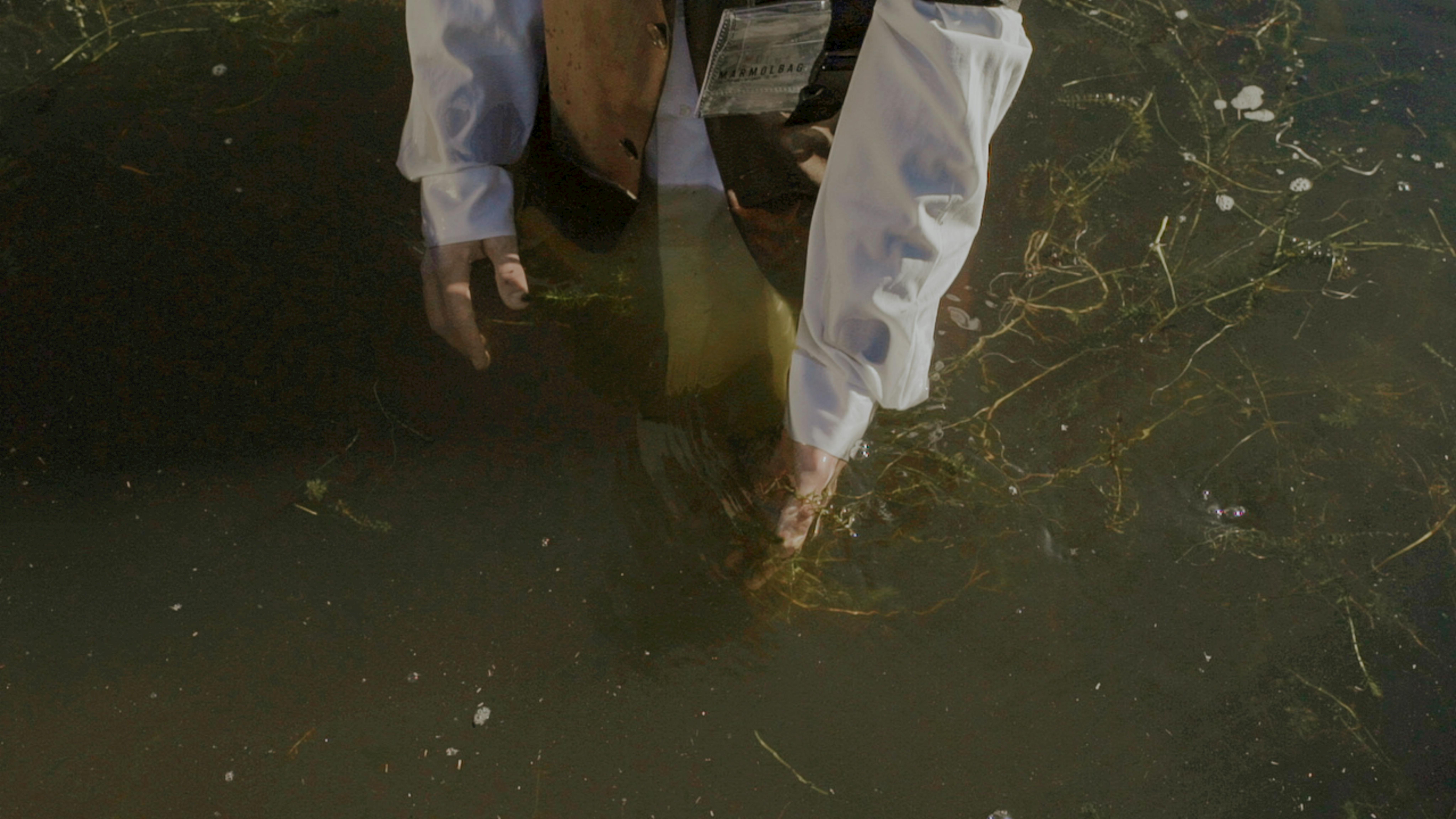Before you set off on your trip down under, there are some things you should keep in mind to ensure your safety and well-being for the time ahead. This article will go through seven tips that will help you stay safe and make the most of your time in Australia.
1. Prepare for health emergencies
Your health is one of the most essential things when studying abroad. By preparing now, you will have great peace of mind and receive the best care possible in an emergency.
Medical organisations recommend that students stay on top of their basic vaccinations before travelling to Australia.
Ensure you have enough prescription medications, and continue to take these as directed by your doctor. All students must have adequate health insurance for the entirety of their time in Australia – remember to check your policy thoroughly, including start and end dates, before you set foot on that plane.
2. Be digitally safe
As well as keeping physically safe, you are reminded to stay cyber secure, too. That’s because criminals worldwide are constantly finding new ways to target students.
Simple steps you can take before your travels include setting strong passwords and passcodes on all your devices. Activate geo-location apps like Find My Phone, and ensure your laptop, phone, and any software you use has been updated to the latest version.
You should also consider using cybersecurity tools like a virtual private network (VPN). There are many advantages of a VPN that will keep you safe online in Australia.
Firstly, a VPN works by encrypting your internet connection. Even on a public Wi-Fi network like a café or campus, a VPN will prevent anyone from intercepting and spying on your online activity.
Some of the best VPNs have additional safety features that block intrusive ads and trackers, keeping your devices safe from malware and preventing infection. Moreover, a VPN can hide your IP address, making it seem like you’re elsewhere.
Not only does this protect you from many kinds of cyberattacks, including phishing, DDoS attacks, and online harassment, but you’ll also be able to enjoy otherwise geo-blocked content from your home country.
3. Get to know your local area
Australia is an exciting country to explore, and you’ll undoubtedly be eager to learn about its rich culture when you get there. But there is plenty you can research ahead of time to ensure you settle into your new town or city.
Areas to research include:
- How the public transport system works, including timetables and when services start/end.
- Are there nearby student-friendly places to rent, shop, eat, and socialise?
- >Where are the nearby tourist spots or places of interest?
- Research if there are local customs or etiquette to be mindful of
4. Stay in contact with old friends and make new ones
Being away from your close network of friends and family can be challenging. That’s why keeping in touch with loved ones can be incredibly important to your mental health and well-being.
Before travelling, ensure your mobile phone can work on Australian networks so you can send and receive texts and calls. It’s also essential for your safety to connect with your roommates and other students at university.
Swap contact information with them and let them know where you’re doing and with whom. You can also let them know when they can expect you home. If you ever feel unsafe, share your location with a trusted person.
5. Have fun responsibly
At some point in time, you may want to explore the Australian nightlife. While this can be a great way to make friends and have fun, students should always be careful about what they drink and how much.
Guidelines state that men and women should drink no more than ten standard drinks per week and no more than four standard drinks per day. Students are reminded never to leave their drink unattended and not to accept a drink from someone else.
Never feel pressured into drinking beyond your means. Take water regularly throughout the night, and keep track of how much you’re drinking. Stay with friends and, where possible, plan your way home ahead of time and travel in groups to keep safe.
6. Prepare for the climate and biodiversity
Australia has a hot climate, and you cannot afford to underestimate the weather there. Remember to stay sun-smart and pack appropriate clothing and supplies for your stay. Always wear strong sunscreen to protect your skin from UV rays, wear hats and sunglasses, and keep hydrated throughout the day.
Australia is home to various spiders, snakes, crocodiles, and sharks. Be mindful of these creatures, and seek immediate medical attention if you’ve been bitten.
Lastly, spending time at the beach is a significant part of Australian life. And no doubt you’ll be keen to enjoy the outdoors and swim in the ocean. Overseas students are reminded to only swim at patrolled beaches and pay close attention to the coloured flags in the water.
7. Secure important documents in case of emergencies
Finally, students should always make digital copies of important documents before their studies. In an emergency, or if something gets lost, you’ll have all the information you need backed up and easy to find.
Scan and save everything from your passport, flight details, and insurance policy to letters from college and accommodation agreements to your email or cloud storage.
Remember, if you ever need emergency assistance during your studies, this Australian embassy directory has all the contact information of your own country’s consulates that will be able to assist you further.








